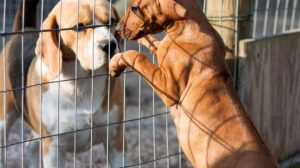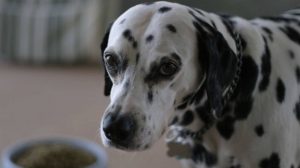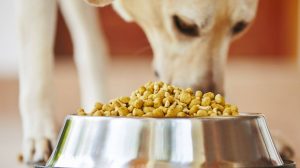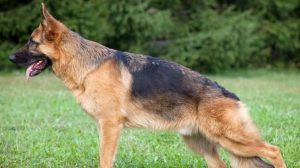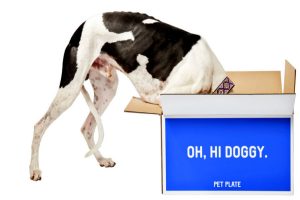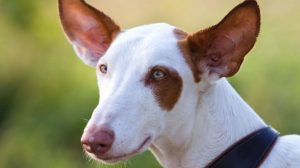Have you decided to have an Akita as a pet? Congratulation! The Japanese dog breed with red-brown fur is considered to be particularly strong and not demanding. Nevertheless, you should pay attention to a few things so that your dog feels comfortable with you. Here you will find the essential tips about the health and nutrition of this special companion.
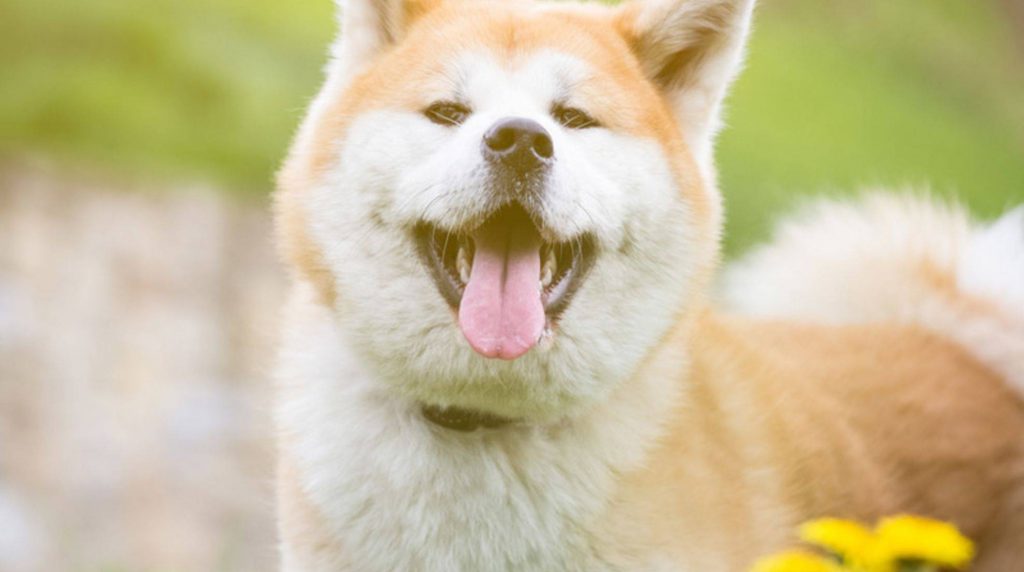
In general, Akitas are robust animals that reach an average age of 12 to 15 years. Nevertheless, allergies or skin diseases can occur as skeletal diseases in advanced age. To prevent allergic reactions and keep your four-legged friend healthy, you should pay close attention to nutrition.
The Akita and Diet
Your dog’s diet should be balanced and varied. But what exactly does that mean? If your Akita is still a puppy, continue with the food that the breeder has already given. However, oversized portions are not a good idea. It is better to feed your puppy three to four times a day small portions – this way, the small stomach can digest the food better.
Nevertheless, make sure that you do not give too much food overall. Otherwise, the four-legged friend grows too quickly, which later promotes joint problems. From the age of six months, two meals a day are sufficient.
If you want to feed with ready-made wet or dry food, it is worth looking at the ingredients. Many animals react with allergies to a high proportion of soy, a high vegetable protein content and pork products. Various dog biscuits or treats are often not well received due to added colourings, artificial flavours, and flavour enhancers. Alternatively, you can try raw meat feeding (BARF).
If your four-legged friend is always on the lookout for chews and, if necessary, will not damage the apartment inventory, you should offer him alternatives with dried beef, lamb, game or ostrich. Dried beef and lamb tripe and beef ears are also popular. Puppies in the change teeth are particularly happy about such chewing opportunities.
Typical diseases
Although the Akita is inherently considered hardy, the breed is prone to some health issues.
This includes:
• Hip dysplasia (HD)
• Hereditary eye diseases
• Sebadenitis (SA)
• Other skin conditions
Hip dysplasia (HD)
Due to its large size, the Akita is prone to this degenerative disease of the hip joint. Genetic factors are blamed as the reason. However, environmental factors such as an extreme or high-energy diet and the resulting intensity of growth can also promote the disease. As soon as you suspect that your dog is suffering from a malformation of the acetabulum and the femoral head, it’s off to the x-ray specialist, who can then diagnose.
Hereditary eye diseases
The Akita can also often suffer from eye diseases. For example, progressive retinal atrophy (PRA) is a disease of the retina that can lead to blindness.
Sebadenitis (SA)
Sebadenitis, in particular, occurs particularly frequently in the Akita: This leads to inflammatory destruction of the sebaceous glands. The result is dry, scaly skin, broken hair, bald patches and severe itching. While the causes have not been clarified, genetic factors are also suspected.
Other skin diseases
Various skin diseases occur particularly frequently in Akitas. According to one theory, the rich diet in western countries is responsible for this. Is that true? That has not yet been clarified. It is, therefore, best to ensure that your pet has a balanced diet.
Alternative healing methods
If you want to use alternative healing methods to care for your fur nose, you can try home remedies or homoeopathy. Washing out the ears with marigold tea has been proven to treat ear infections. The feed can be supplemented with three lingonberry tablets once a day to strengthen the bladder. Also, your Akita should drink plenty of fluids. But no matter what your dog is suffering from, if symptoms persist or worsen, you should consult a veterinarian.

